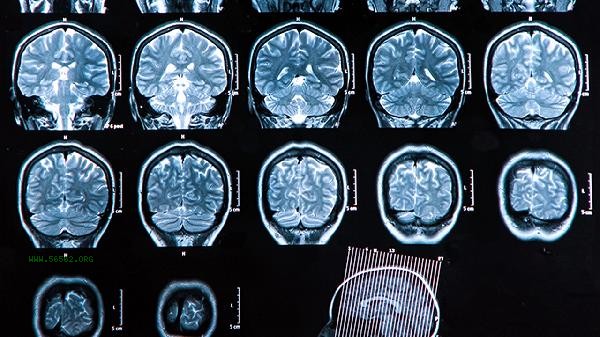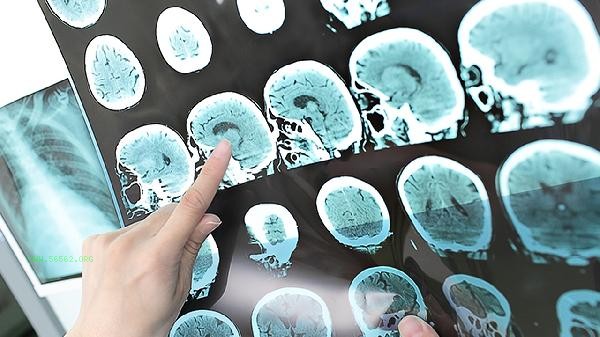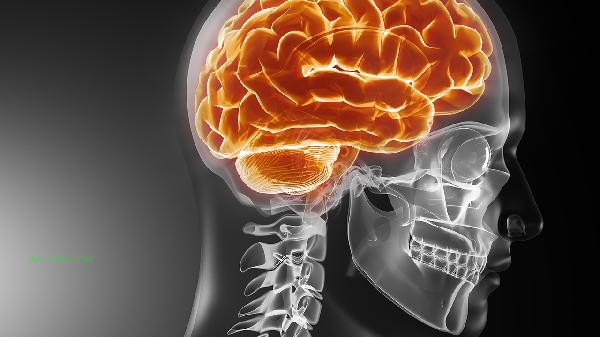The slow response of the adult brain can be improved by adjusting lifestyle habits, strengthening mental training, improving dietary structure, managing emotional stress, and moderate exercise. The speed of brain response is influenced by multiple factors such as sleep quality, nutrient intake, psychological state, physical function, and brain habits.

1. Adjusting lifestyle habits
Maintaining a regular schedule is crucial for brain function. Ensuring 7-8 hours of high-quality sleep daily helps with brain cell repair, and the deep sleep phase can promote memory consolidation. Avoid staying up late and reversing day and night, and establish a fixed time for falling asleep and waking up. A 20 minute nap can be arranged during lunchtime, but a long nap may lead to insomnia at night. Reduce screen usage time and stop exposure to blue light devices one hour before bedtime.
2. Strengthen mental training
Continuous cognitive stimulation can enhance neural plasticity. You can try memory training such as reciting poetry or phone numbers, and do 10 minutes of quick calculation exercises every day. Learning new skills such as foreign languages or musical instruments can activate different brain regions, and card games can exercise strategic thinking. Reading paper books is more conducive to cultivating concentration than fragmented browsing. It is recommended to complete 1-2 in-depth readings per week.
3. Improving dietary structure
Balanced nutrient intake plays a fundamental role in maintaining brain function. Increase the intake of deep-sea fish, supplement omega-3 fatty acids, and eat salmon or sardine at least twice a week. Moderate supplementation of nut based foods provides vitamin E, with a daily intake of 30 grams of walnuts or almonds. Eat more dark vegetables to supplement folic acid, spinach, broccoli and other foods are rich in antioxidants. Control refined sugar intake to avoid severe fluctuations in blood sugar that can affect cognitive function.

4. Managing Emotional Stress
Chronic stress can lead to hippocampal atrophy and affect memory. Mindfulness meditation can lower cortisol levels by practicing 15 minutes of breathing exercises daily. Cultivating hobbies and diverting attention, activities such as painting or gardening have therapeutic effects. Establishing a social support system and regularly communicating with family and friends can alleviate feelings of loneliness. Seeking professional psychological counseling when necessary, cognitive-behavioral therapy can help improve symptoms of cerebral fog.
5. Moderate exercise
Aerobic exercise can promote the secretion of brain-derived neurotrophic factor. Perform 3-5 30 minute brisk walks or swimming sessions per week, maintaining a heart rate of 60% -70% of maximum heart rate. Gentle exercises such as yoga or Tai Chi can improve oxygen supply to the brain, while strength training can enhance neuromuscular coordination. Warm up and stretch before and after exercise to avoid excessive fatigue that may affect cognitive performance. Improving brain response requires multidimensional and long-term persistence. In addition to the above methods, it is recommended to undergo regular health check ups to exclude physiological factors such as thyroid dysfunction and vitamin deficiency. During work, the tomato work method can be used to alternate between using the brain and resting, with 5 minutes of activity every 45 minutes. Avoid long-term exposure to noise pollution and create a quiet and comfortable space for thinking. Quitting smoking and limiting alcohol consumption to reduce neurotoxin damage, and maintaining a positive and optimistic attitude are particularly important for rejuvenating the brain. If the symptoms continue to worsen or are accompanied by other abnormal manifestations, timely medical attention should be sought for professional cognitive function assessment.









Comments (0)
Leave a Comment
No comments yet
Be the first to share your thoughts!